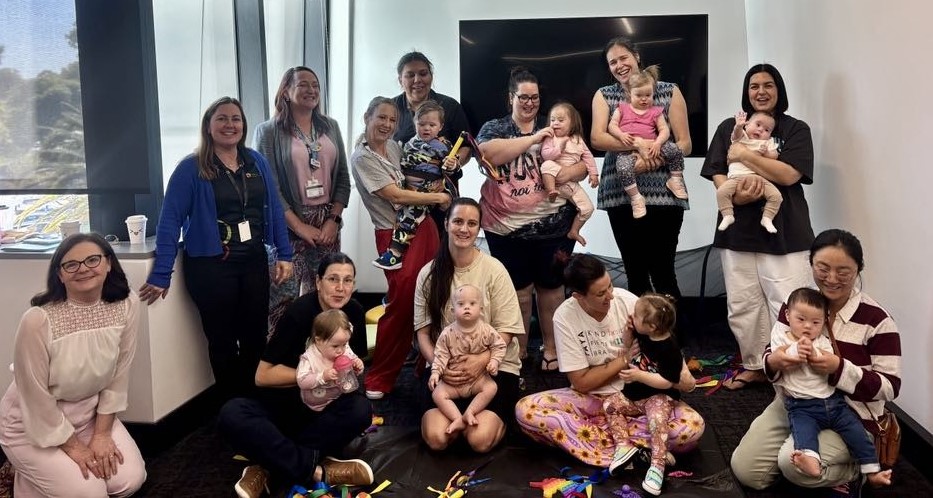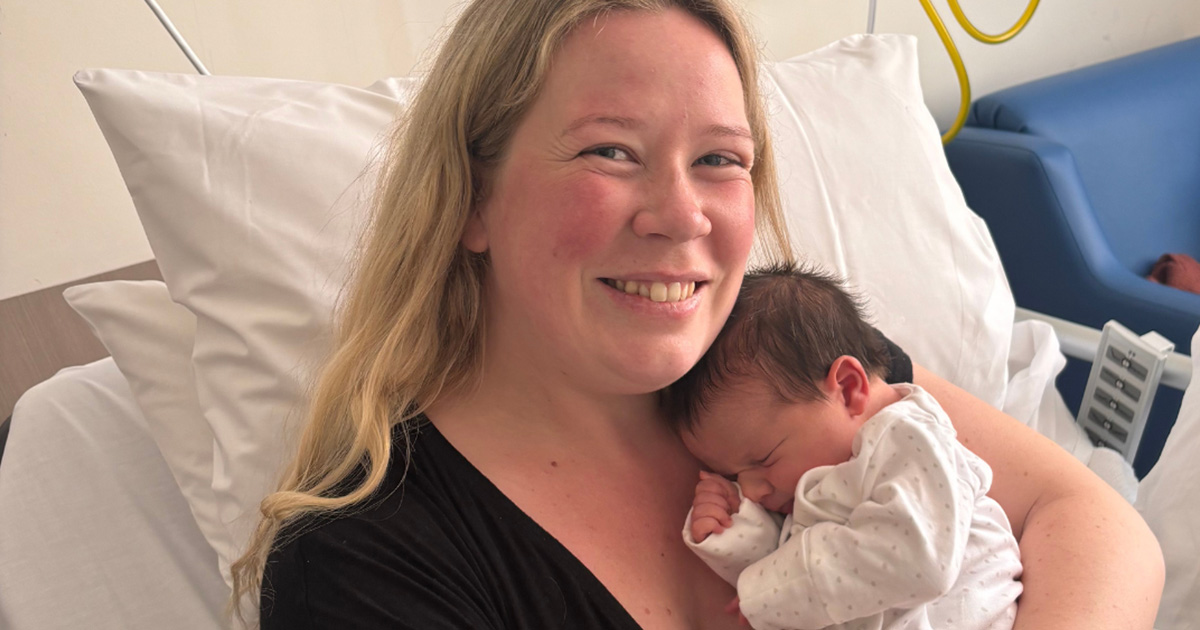Search

News & Events
Active books for active kids!Walk through the jungle, hunt for the bear, or do the animal bop this Book Week! Acting out stories is a wonderful way to encourage active play with your child.

News & Events
Cutting edge spatial maps reveal Western Pacific hotspots for parasitic wormsA global research team led by geospatial modelling experts from The Kids Research Institute Australia and Curtin University has provided the first detailed maps identifying hotspots across the Western Pacific Region where debilitating parasitic worms are rife.

News & Events
New partnership with Down Syndrome WAResearchers from the Wesfarmers Centre of Vaccines and Infectious Diseases, based at The Kids Research Institute Australia, are partnering with Down Syndrome WA to learn more about how respiratory syncytial virus, or RSV, affects children with increased medical vulnerability.

News & Events
First Early-Stage Type 1 Diabetes Clinic underway in WAAn Early-Stage Type 1 Diabetes (T1D) Clinic aims to revolutionise diabetes care and support families navigating the beginning of an early-stage T1D diagnosis.

News & Events
Generous new funding to fast-track rare disease diagnosis and unlock new treatmentsResearch that screens novel genetic variants identified in disease will be fast-tracked by a funding boost, offering new hope of an early diagnosis for families of children with a rare or undiagnosed genetic disease.

News & Events
New national role for The Kids’ Executive DirectorThe Australian Government has appointed the National Health and Medical Research Council (NHMRC) Council for 2024 to 2027.

News & Events
Pioneering new treatments for leukaemia in children with Down syndromeA team of world-leading scientists has secured $5 million in funding from the Leukaemia and Lymphoma Society to advance the fight against leukaemia in children with Down syndrome.

News & Events
ORIGINS celebrates it’s 10,000th baby, reaching key recruitment milestoneAustralia’s biggest longitudinal study following the health and wellbeing of children from their conception through to childhood, has welcomed its 10,000th and final participant.

News & Events
Embrace 2024 Big Idea winner announcedA project that aims to understand and support the mental health of Australians with complex gender-affirmation experiences has received the $150,000 Embrace Big Idea Grant for 2024.

News & Events
New trial aims to reduce peanut allergy in childrenMothers eating a diet rich in peanuts while breastfeeding might be helping to reduce their baby’s risk of developing a peanut allergy – that’s the hypothesis of a new clinical trial that has been granted $2.29 million in funding by the National Health and Medical Research Council (NHMRC).
